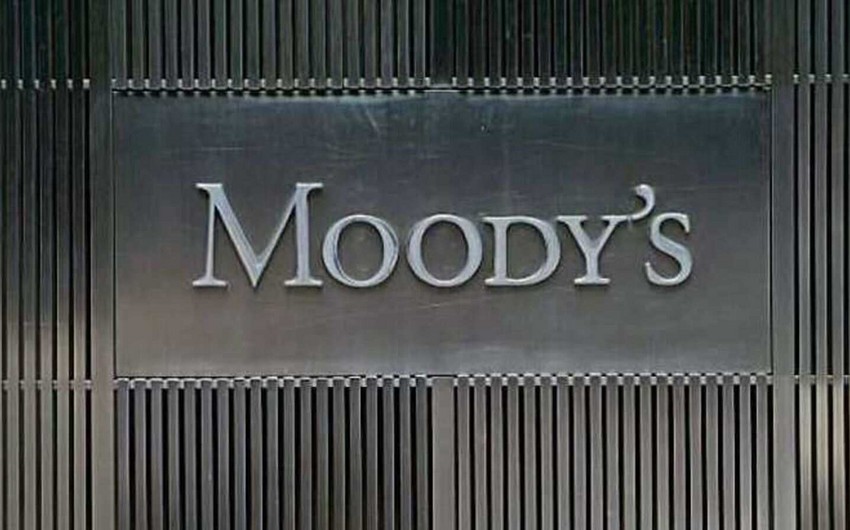WNAM MONITORING: Moody’s Ratings (Moody’s) has today taken rating actions on five Azerbaijani banks, namely, International Bank of Azerbaijan, Kapital Bank OJSC (Kapital Bank), OJSC XALQ BANK (Xalq Bank), Joint Stock Commercial Bank Respublika (Bank Respublika), and OJSC Bank of Baku (Bank of Baku).
These rating actions follow the change of outlook on the Government of Azerbaijan’s Ba1 long-term issuer rating to positive from stable on 5 July 2024 and upward revision of the country’s Macro Profile to ‘Weak” from ‘Weak- driven by strengthened operating environment for the Azerbaijani banks, on the back of improvements in the country’s economic strength and the banks’ consistently sound solvency and liquidity metrics.
Specifically, we have upgraded to ba3 from b1 the Baseline Credit Assessment (BCA) and Adjusted BCA of International Bank of Azerbaijan, upgraded to b1 from b2 the BCA and Adjusted BCA of Xalq Bank and Bank of Baku, affirmed the ba3 BCA and Adjusted BCA of Kapital Bank and affirmed the b2 BCA and Adjusted BCA of Bank Respublika.
Also, we have upgraded to Ba2 from Ba3 the long-term local and foreign currency deposit ratings of International Bank of Azerbaijan, upgraded to Ba3 from B1 the long-term local and foreign currency deposit ratings of Xalq Bank, upgraded to B1 from B2 the long-term local and foreign currency deposit ratings of Bank Respublika and Bank of Baku and affirmed the Ba2 long-term local and foreign currency deposit ratings of Kapital Bank.
Moreover, we have changed to positive from stable the outlooks on the long-term local and foreign currency deposit ratings of Kapital Bank and Bank Respublika; changed to stable from positive the outlooks on the long-term local and foreign currency deposit ratings of Xalq Bank and Bank of Baku and maintained the positive outlook on the long-term local and foreign currency deposit ratings of International Bank of Azerbaijan. We have changed the Macro Profile we assign to Azerbaijan to “Weak” from “Weak-” to reflect the improvements in the country’s economic strength. Consequently, our assessment of more favorable credit conditions for banks in Azerbaijan has resulted in upward pressure on these banks’ intrinsic financial strength (or BCAs).
The rating actions reflect our view that the country’s non-oil economy, where banks do most of their business, will continue to expand, driven by the government ongoing efforts to diversify the economy. Azerbaijan has seen a strong economic diversification momentum compared to other oil producers, recording higher cumulative non-oil real GDP growth since 2017 which accelerated in recent years. Azeri banks will benefit from an improving economic conditions and favorable operating environment which will translate into stronger business opportunities, supporting the banks’ robust profitability and good asset quality, strengthening their standalone credit profiles. Furthermore, the improving quality of financial sector regulation in the country will foster greater resilience in the banking sector.


